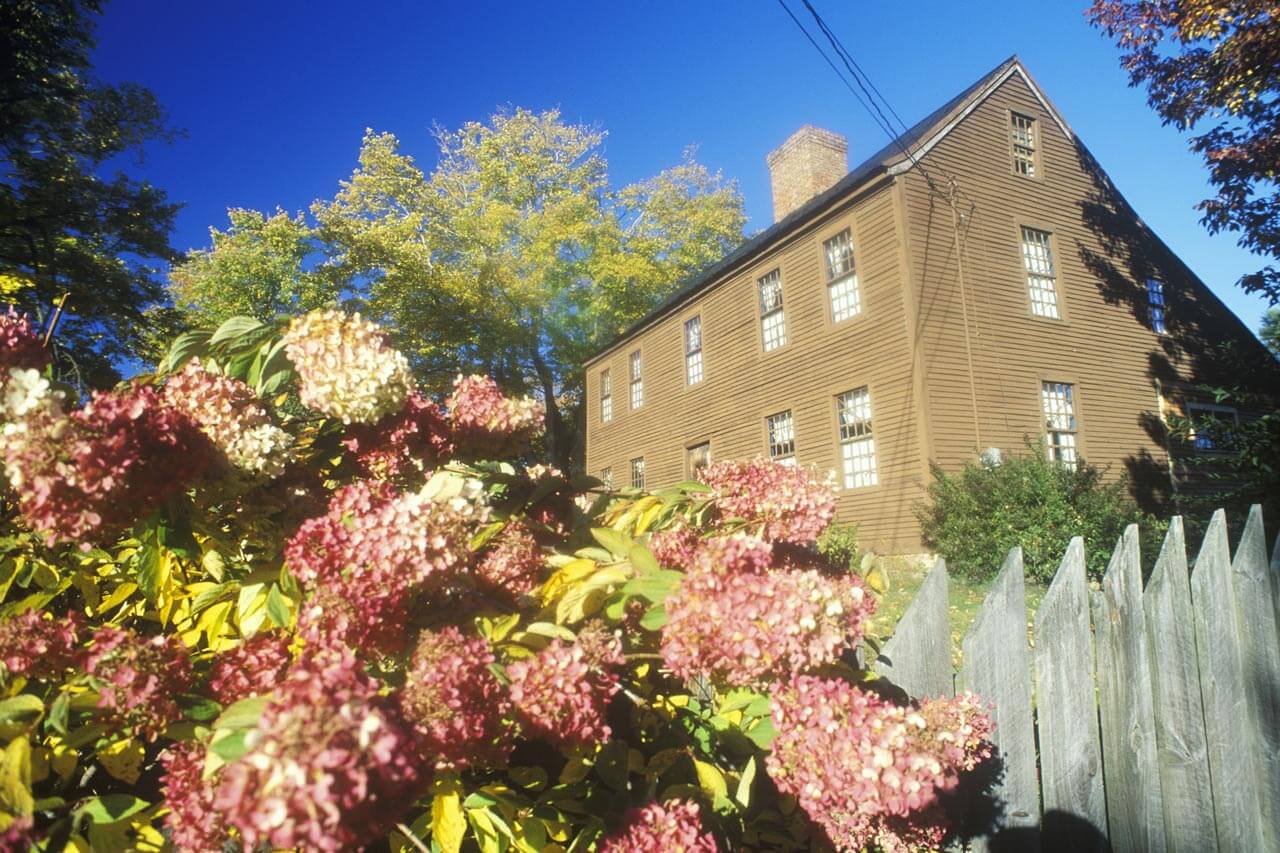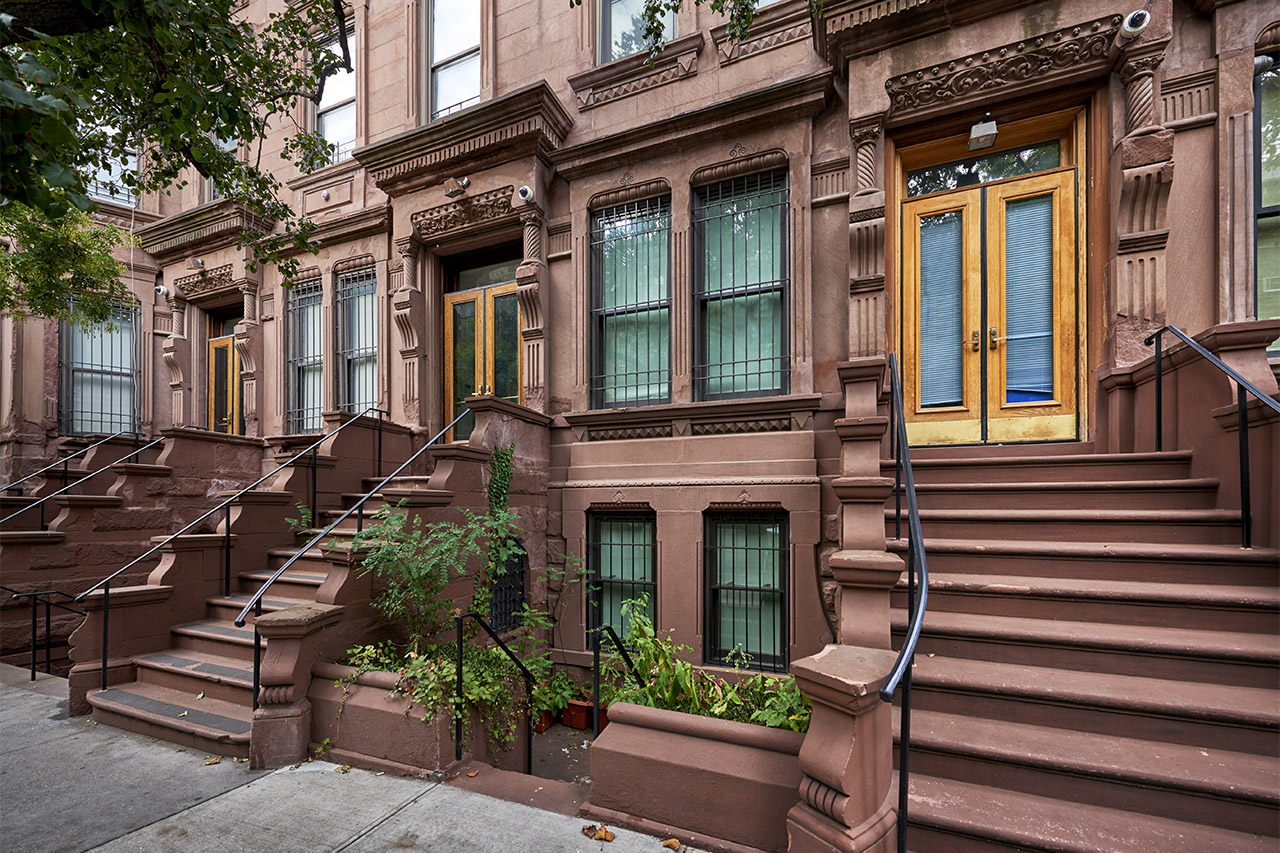
Use this guide to budget for building a saltbox house based on factors such as location, size, labor, and finishing costs.
The average cost to build a Victorian-style house is $625,000


The average build cost for a Victorian-style home is $625,000, with a range of $200,000 to $1,050,000.
Factors like the house size, pre-construction plans, and labor costs determine your total costs.
Expect to pay between $200 and $350 per square foot for your build.
High-quality materials and skilled labor from several pros can increase overall expenses.
Victorian-style homes often feature intricate designs that enhance curb appeal and increase your property value.
This article was updated using automation technology and thoroughly reviewed for accuracy by HomeAdvisor Editor Ryan Noonan.
If you’re dreaming of a showstopping home with intricate details, get ready to spend $625,000 for a Victorian-style build. Most homeowners invest between $413,500 and $837,500, with costs per square foot ranging from $200 to $350. Factors such as location, size, and material quality all impact your final tally, so plan your budget carefully.
Carefully considering each design choice, from turreted rooflines to decorative trims, and hiring skilled contractors helps you keep your costs in line, ensuring you end up with a timeless, one-of-a-kind residence.
Victorian-style builds are often custom designs with intricate details, and pros require a high level of skill and more hours of labor. Consequently, installation and build costs are higher than those of a standard new build home.
Examples of Victorian-style building elements that require more skill and time include shingle siding rather than lap siding, interior cornice, turret or tower construction, and decorative trims.
From planning to interior finishings, there are costs associated with each phase of the construction project. Even if you hire a local general contractor, it’s helpful to understand what each part of the project is likely to cost, so you can better analyze and understand the written agreement they provide.
Plan to spend between $20,000 and $70,000 for house plans and designs. Purchasing a pre-made blueprint is cost-effective, but you may want to customize it or opt for a fully bespoke plan designed by an architect.
Below are some indicative fees that you may incur during the planning phase. For Victorian-style homes, prices may be on the higher end because of the intricate design details.
General contractor costs: 10%–20% of the total project cost
Architect costs: $125–$250 per hour
Structural engineer costs: $100–$200 per hour
Interior designer rates: $50–$200 per hour
Landscape architect costs: $70–$150 per hour
Before the first shovel hits the ground, expenses begin to add up. Some of the key pre-construction elements to consider include:
Land purchase: The average price of housing land varies widely, depending on the size of the space and its location.
Prepping land: If you don't purchase land in a housing development, you may have to pay to clear it for construction. Land excavation and grading costs range between $1,661 and $6,717.
Clearing the land: If there’s an existing building on the site, the cost to demolish a house averages $15,800.
Building permits: You could spend between $3,000 and $7,000 on building permit costs for your construction project. Costs and requirements vary depending on the local authority regulations.
Clearing the site, grading, and the cost to install the foundation for a new house run between $20,000 and $60,000 (including excavating). One advantage of a Victorian-style home is that they’re often two-story buildings, and these cost less to build the foundation than a bungalow with more floor space.
Framing costs for the average home run between $1,410 and $7,671. Given most Victorian-style homes aren’t bungalows, it’s worth noting that the second story of a two-story home often costs more than the first floor.
A significant portion of your budget is allocated to installing major systems. You’ll spend between $10,000 and $45,000 for an HVAC system and between $15,000 and $50,000 to install new plumbing.
Expect to spend between $50,000 and $60,000 on finishes. The ornate designs and premium materials of Victorian-style homes quickly push that total higher. The cost to paint the house exterior and install large bay windows is another example of how exterior finishing costs may be higher than average.
Intricate interior details—such as multiple fireplaces, chandelier lighting, and hardwood inlays—push your project toward the upper end of the estimated range.
How much you spend on building a Victorian-style house can vary significantly. Below are some of the key factors that affect your budget.
The average U.S. house is just over 2,000 square feet. However, Victorian-style house plans vary in size and design. The size you opt for depends on the lot size, your family size, and the space’s design. You’ll pay between $200 and $350 per square foot, depending on the design, finishes, and labor required.
| House Size (Sq. Ft.) | Average Cost |
|---|---|
| 2,000 | $400,000–$700,000 |
| 3,000 | $600,000–$1,050,000 |
| 4,000+ | $800,000–$1,400,000+ |
Plan to allocate close to 50% of your total budget for materials. Due to the intricacy of this style of architecture, material costs are higher than those of a standard box-build modern home. The final amount spent depends on the number of Victorian elements incorporated into your design, the quality of the materials, and the source from which they are obtained.
Desirable locations in or near major cities inevitably cost more. The prices for land, contractors, and materials can be higher in urban areas.
There are various sub-styles of Victorian home architecture. They all have their own distinct design elements that make them identifiable, but these intricacies add to your overall budget.
The famed Queen Anne style, for example, features heavy ornamentation, rounded towers, and huge windows. Gothic Revival style homes often feature pointed, decorative windows, pinnacles, and shaped parapets, all of which can increase your total costs.
You don’t have to opt for the most expensive materials to achieve a high-end, durable finish. For example, vinyl shingle siding is considerably less expensive than the wood equivalent, but you can still achieve an elegant finish with this material.
If you want to go all-out Victorian in your design, this could add more to your costs than if you choose to add just certain elements to your home design. Some popular Victorian design elements that will likely add to your construction costs include:
Towers and turrets
Decorative trims
Impressive staircases
Fireplaces in multiple rooms
Wraparound porches
Exterior house painting
Elaborate cornices
Even seasoned DIYers bring in pros for a complete Victorian build; the project’s size, permits, and ornate details make professional oversight well worth the cost savings you might forfeit.
For Victorian-style houses with intricate woodwork, windows, and other ornate finishings, it’s even more of a challenge for someone without skills in these areas.
Taking on some of the interior or exterior finishing work rather than structural elements offers an opportunity to cut costs without it being too difficult. This may include tasks such as painting, flooring, or tiling. Hire a local general contractor to start your Victorian-style build today.
Use the following cost-saving strategies to keep your Victorian’s charm intact without overspending:
Choose synthetic materials that mimic traditional elements—such as vinyl or fiber cement siding instead of wood, and composite trim rather than custom millwork—to capture Victorian aesthetics at a lower cost.
Focus on ornate details in high-visibility areas, such as the front façade, while simplifying less prominent sections.
Select stock Victorian-style plans rather than custom designs, which can reduce architectural fees by 50 to 70%.
Phase construction involves completing essential interior finishes first and adding decorative elements, such as crown molding and wainscoting, over time.
Source period-appropriate fixtures, hardware, and architectural salvage from restoration suppliers, auctions, or salvage yards.
No place is more important than your home, which is why HomeAdvisor connects homeowners with local pros to transform their houses into homes they love. To help homeowners prepare for their next project, HomeAdvisor provides readers with accurate cost data and follows strict editorial guidelines. After a project is complete, we survey real customers about the costs to develop the pricing data you see, so you can make the best decisions for you and your home. We pair this data with research from reputable sources, including the U.S. Bureau of Labor Statistics, academic journals, market studies, and interviews with industry experts—all to ensure our prices reflect real-world projects.
From average costs to expert advice, get all the answers you need to get your job done.

Use this guide to budget for building a saltbox house based on factors such as location, size, labor, and finishing costs.

The cost to build a bungalow is based on style, size, and other factors. Learn more about average costs to budget for in the bungalow building process.

How much does it cost to build a house in Florida? Explore common cost factors, from permits and land to luxury finishes, with our detailed guide.

Explore the cost to build a house in New York based on key factors like materials, size, style, labor, and more with our comprehensive cost guide.

Using HomeAdvisors cost guide, youll learn how much it costs to build a house in Seattle. New build cost factors include labor, materials and permits.

Our concrete house cost guide covers insulated concrete form and other concrete home expenses. Explore the various cost factors to determine your budget.